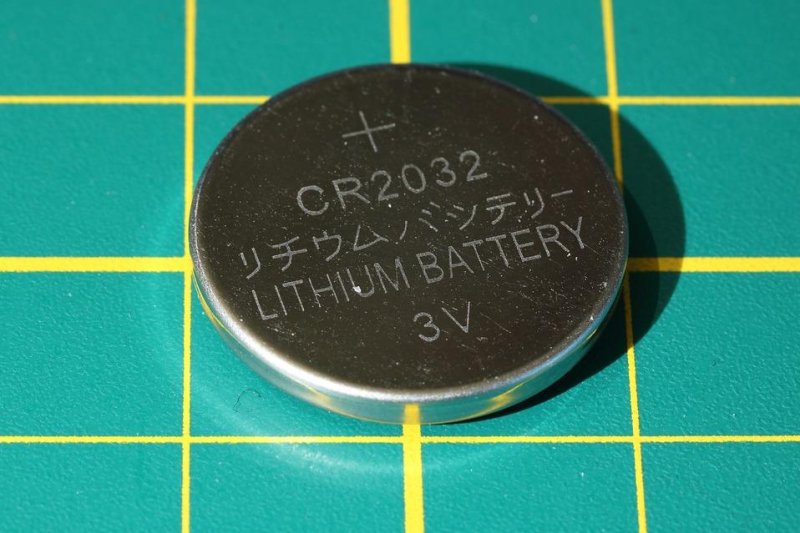The addition of a boron nitride film
allowed scientists to use lithium in a solid electrolyte battery. Photo
by Pixabay/CC
April 22 (UPI) -- As electric vehicles and other battery-powered technologies proliferate, scientists are searching for ways to make energy storage safer and more resilient.
One team of researchers has found a way to prolong battery life of lithium metal batteries. When scientists added a nano-coating of boron nitride to the electrolytes in lithium metal batteries, the batteries were more stable and lasted longer.
Lithium ion batteries are used in everything from electric cars to smart phones, but they aren't very energy dense and the liquid electrolyte inside them is flammable. As a result of their instability, the batteries have a relatively short life.
Batteries with a lithium metal anode, instead of a graphite anode, can store more energy and deliver a more powerful charge. But the anode's lithium plating can birth deformities called dendrites. The branch-like growths can penetrate the membrane wall, the separator between the anode and cathode, compromising the battery's safety and performance.
"We decided to focus on solid, ceramic electrolytes. They show great promise in improving both safety and energy density, as compared with conventional, flammable electrolytes in lithium ion batteries," Yuan Yang, assistant professor of materials science and engineering at Columbia University, said in a news release. "We are particularly interested in rechargeable solid-state lithium batteries because they are promising candidates for next-generation energy storage."
Solid electrolytes are more powerful and stable than liquid electrolytes, and they can also curb lithium dendrite growth. But lithium causes most solid electrolytes to corrode.
"Lithium metal is indispensable for enhancing energy density and so it's critical that we be able to use it as the anode for solid electrolytes," said Qian Cheng, a postdoctoral research scientist at Columbia.
To successfully use lithium in a solid electrolyte battery, scientists had to find a chemically and mechanically stable interface -- an interface with a variety of qualities.
"It is essential that the interface not only be highly electronically insulating, but also ionically conducting in order to transport lithium ions," Cheng said. "Plus, this interface has to be super-thin to avoid lowering the energy density of batteries."
In the lab, scientists deposited a thin protective layer of a boron nitride nano-film between the lithium metal and the solid electrolyte, the ionic conductor. Researchers created the nano-film with intrinsic defects that allowed lithium ions to travel through it.
"It's the perfect material to function as a barrier that prevents the invasion of lithium metal to solid electrolyte," Cheng said. "Like a bullet-proof vest, we've developed a lithium-metal-proof 'vest' for unstable solid electrolytes and, with that innovation, achieved long cycling lifetime lithium metal batteries."
Researchers are now testing the boron nitride nano-film with several different types of solid electrolytes. They expect the new technology -- described this week in the journal Joule -- to be used in the near future to create solid-state batteries with improved performance and longer lifetimes.















